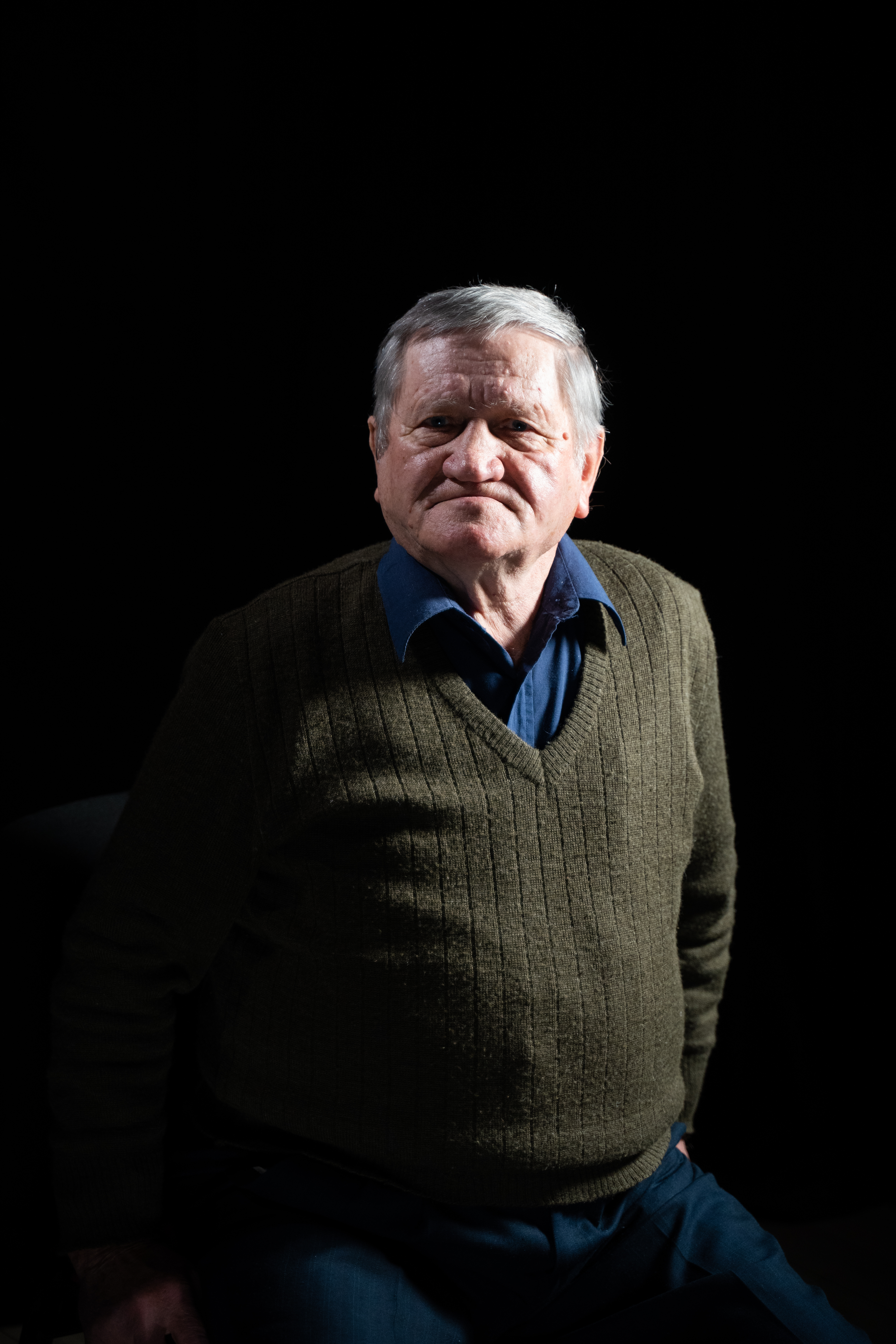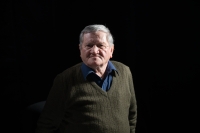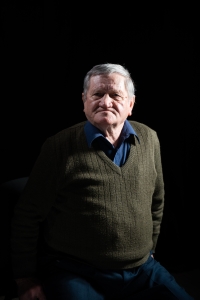“A man who breaks up a village team... and his son is supposed to go to military school?”

Download image
Michal Kalina, a native of Henckovce, was born on March 21, 1943, into a straight Slovak family, as the third child. His parents, Ján and Zuzana, raised him and the other three siblings in more modest conditions, but they never lacked for anything. The families of both parents were peasant families, with a Lutheran faith. His immediate family, having witnessed various local situations from the time of the Second World War, decided to share some of their memories with him over time. Little Michal officially entered the elementary folk school in 1949. However, this entry was preceded by attending a local school of his own free will. As he himself said, since he had a younger brother who needed a lot of attention, he sometimes ran straight to school. This initiative of his lasted half a year, but he learned a lot during that time. They went to school in Nižná Slaná, where local pupils could attend only the first five classes. He could influence Michal’s future when he was only ten years old, joining a military school. In the end, he did not become a student of the military school. Word spread around the village that his father had left the unified peasant cooperative, so letters regularly arrived home saying that the son of a person who deliberately breaks up the cooperative has no business in such a school. In 1957, Michal thus became an apprentice at the secondary vocational school in Rožňava, specializing in tinsmithing. Later, he completed compulsory military service. Although he enlisted in Česká Třebová in 1962, he was allowed to study for ten months in Nitra, at the school of automotive specialists. After two years, he returned to Rožňava, where he worked at a construction company. He met his future wife, Eva Germanusová, for the first time in the bank where she worked. They were married on November 11, 1972, and later their family grew by two daughters, Michaela and Eva. After problems at a construction company, he decided to work as a foreman at a land school in Poprad. He worked there until he retired at the age of 60. Michal was part of the Communist Party, and he was forced to leave it before 1989 due to many problems. As he got into an open conflict at school with a teacher who wanted to give a student a five for his behavior just because he wanted to become a priest, he realized that he could no longer be silent.

